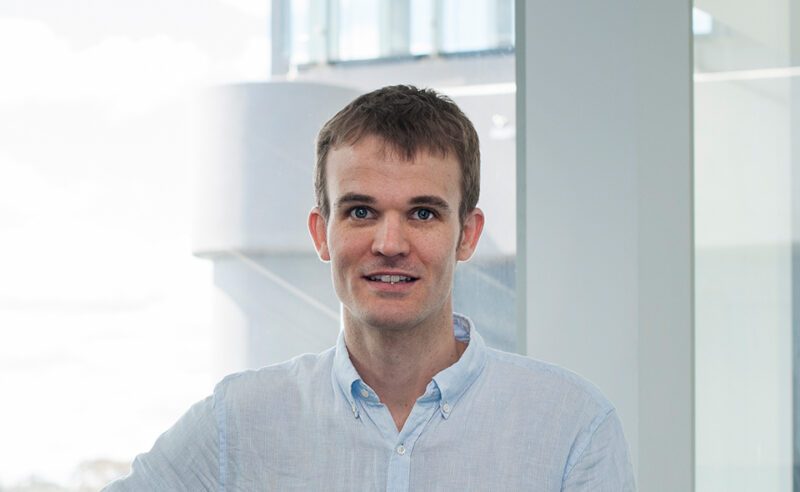CSL’s drug development experience, combined with WEHI’s expertise in bioinformatics, makes a formidable team.
Bioinformatics involves analysing gene sequences and expression using the latest software and technology platforms.
Associate Professor Matthew Ritchie is a leading expert in bioinformatics and is a laboratory head in the Epigenetics and Development division at WEHI. He said the collaboration between WEHI and CSL enabled skill sharing and expertise to advance drug discovery efforts.
“CSL has extensive experience in drug development and has been a terrific partner for WEHI,” Associate Professor Ritchie said.
“Being able to collaborate with a company like CSL helps to shape some of our research endeavours and has led to many co-publications. This demonstrates how effectively we work with each other and benefit from the partnership.”
In turn, Associate Professor Ritchie said WEHI was able to provide access to an experienced team of computational biologists and bioinformaticians, who provided specialist statistical analytical skills to CSL.
“WEHI has Australia’s largest team of computational biology researchers. This is an area of immense skill and expertise for WEHI. Our scientists provide novel data analysis methods to help CSL progress therapeutics to the clinic,” Associate Professor Ritchie said.
“We are also able to assist by providing expertise in single cell analysis, which uses genome-wide profiling via high-throughput sequencing to identify the impact of drugs on particular genes and pathways in different cell types.”
“The partnership allows CSL to tap into the state-of-the-art knowledge and expertise, reducing the time, energy and resources to find the innovative solutions they are after.”



